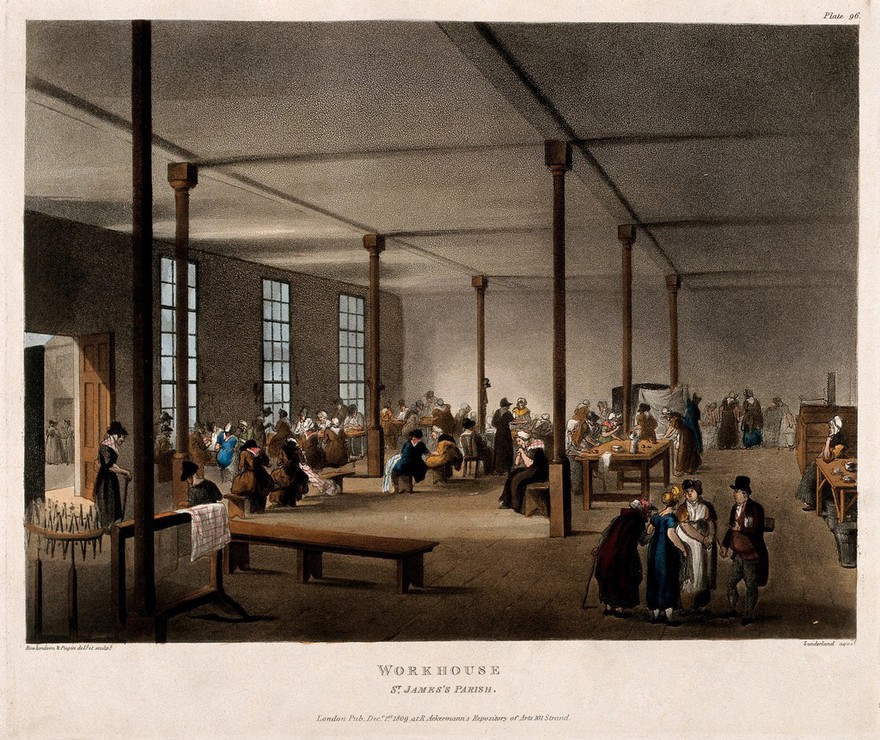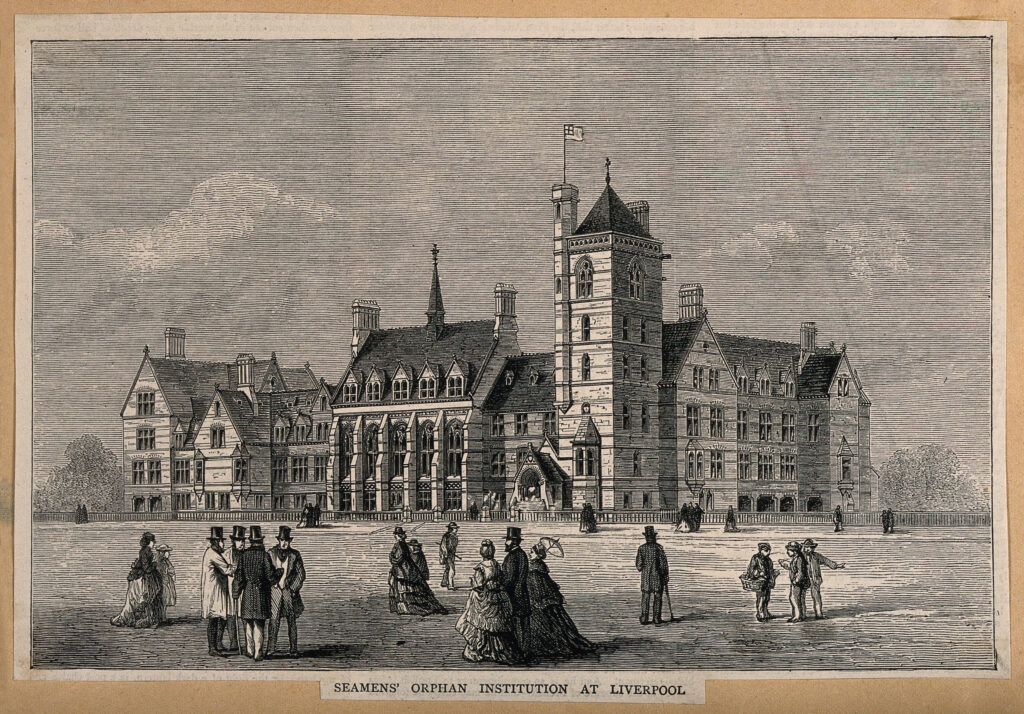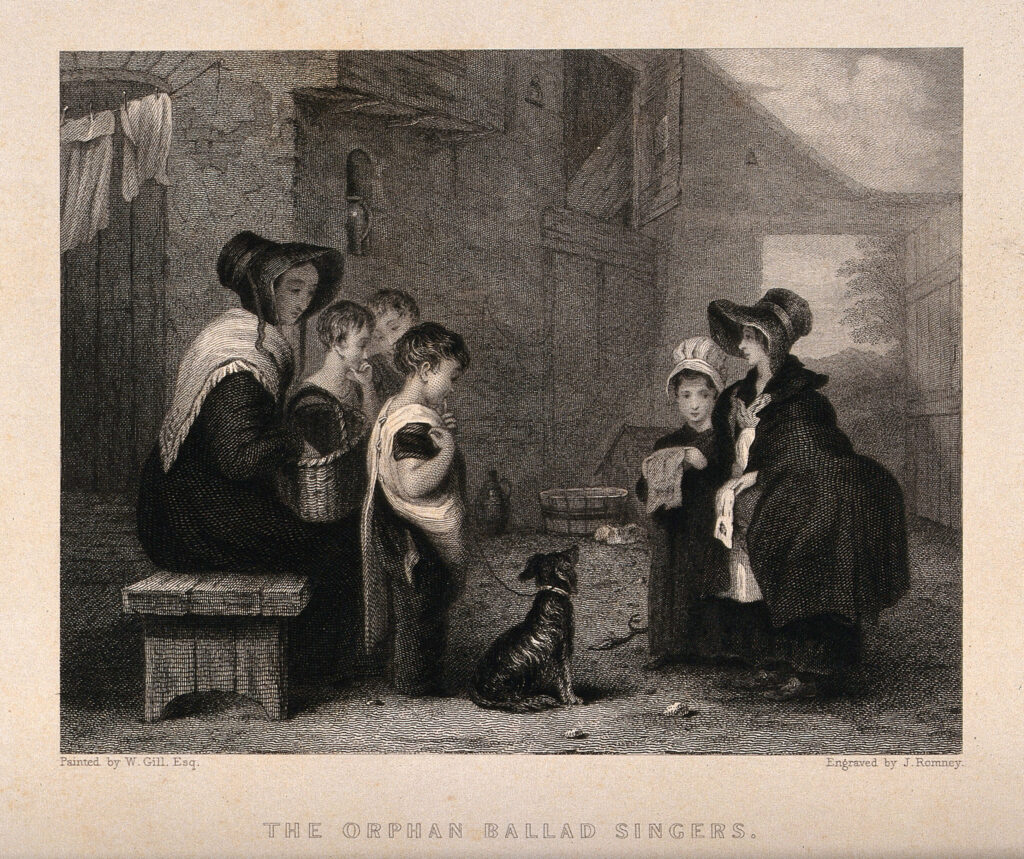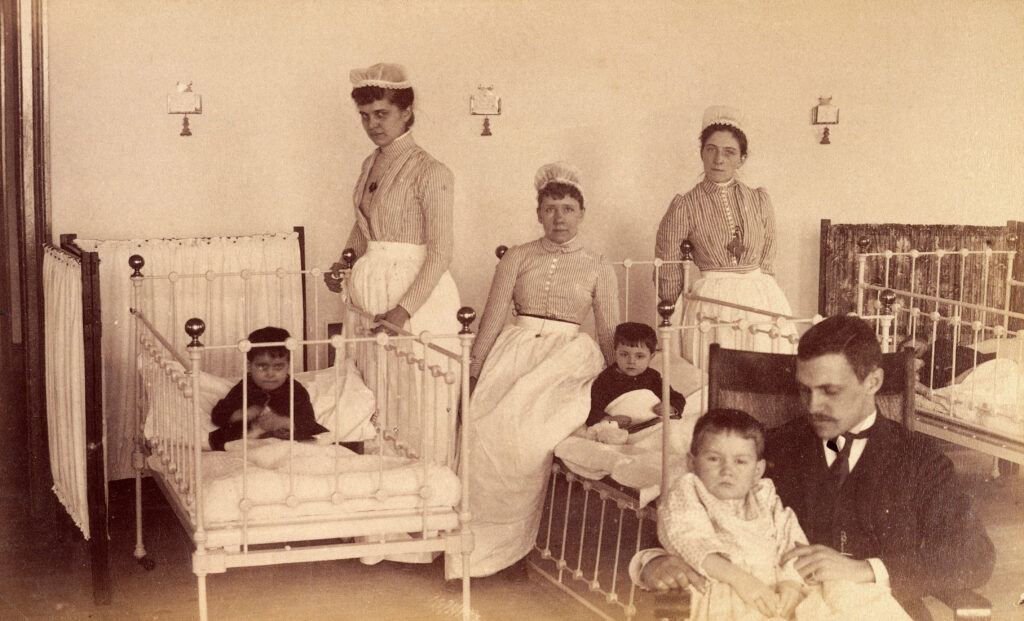About the research
Background

Children’s social care has long been in crisis with reports of abuse, growing numbers of children entering care, declining numbers of carers and diminishing quality of care. The 2022 inquiry into children’s social care in England and Wales called for a radically different mindset alongside significant investment to ‘reset’ the care system and ensure it effectively meets children’s needs. The state of care in the present day has in part resulted from an enduring lack of attention to and understanding of child and family perspectives about welfare needs and experiences from the long view. Meaningful transformations to current care systems cannot happen without a deep understanding of the complex contexts in which children’s care has developed over modern history, and a comprehensive knowledge of how children in both the past and present have felt about their diverse experiences of care.
Caring Communities offers a critical and timely intervention into what will be a radical programme of transformation for the children’s social care system over the next decade. This project provides the first major cultural and affective study of children’s care between 1800-present that will help shift this mindset to imagine new and radical possibilities for children’s social care in the future. The research sheds important light on the complex interplay of emotions, care, and politics and explores how these have shaped care practices in the past and present. The project draws attention to the multiple ways in which current understandings, policies, and practices are the result of long-term processes of cultural, political, and social change and thus embedded in the past. This research uses historical evidence and collaborates with care professionals and recipients to confront ideas about what care is, what it does, its value, and crucially, what it could be. In creating a better understanding about the world of children’s care over time, the FLF will generate an emotionally- and historically-informed framework for developing compassionate and effective practices for the future.
Project aims and objectives
- Empirical: to survey extensive archival records relating to children’s care between 1800-present; to produce a substantial research base of c.5,000 unstudied cases of care through time; to produce a new collection of oral histories about care in the 20th and 21st centuries; to co-produce a new collection of creative research and other data about care with those who have experience of the care system
- Conceptual: to develop a novel approach that combines historical research with creative and participatory approaches to study the history of children’s social care across the period 1800-present and to establish the modern geneaology of children’s social care
- Communicative: to offer a historical persepctive about children’s social care that is attentive to current policy and practice that has the potential to generate new thinking about the value, meaning, and impact of care practices that are of benefit to policymakers, practitioners, carers, and care-experienced people

Impact and engagement

Caring Communities will enhance understandings about care in the past and present, which has direct implications for those that engage with the sector today. Its participatory activities involve collaborators who have experience of social care, and will involve project partners and a range of care professionals and practitioners who are interest in how the history of the sector and its practices can inform its future. Caring Communities will co-produce a range of activities and outputs designed to improve current understandings, policies and practices, and for the benefit of the public. Further details about this work will appear on the Impact page.
If you an individual or an organisation that is interested in collaborating with or being involved in the project’s participatory activities, please do send the project team an email – we’d love to hear from you.
Funding and partners
Caring Communities: Rethinking Children’s Social Care, 1800-present is generously funded by UKRI’s Future Leadership Fellowship programme. The first phase of the project runs from July 2024 – July 2028, with a second phase due to run from 2028-2031. The research is currently hosted at Newcastle University, in the School of History, Classics, and Archaeology, where PI Claudia Soares is based.
Caring Communities works in partnership with several organisations including The Children’s Society Records and Archives Centre, Barnardo’s, Who Cares? Scotland, and Coram. These partnerships are distinct: they are based on the mutual objectives of the project and the organisations it works with, they enable and facilitate the research of the project, and in turn, the project and project team help to make historic data more accessible and understandable for future researchers, for staff, and for members of the public, and will co-produce resources throughout the lifespan of the project that intend to increase awareness and understanding of historic collections about care and how they might be used in the future

Governance

Caring Communities is directed and managed by PI Claudia Soares, and delivered by the PI and three PDRAs – Dr Jade Shepherd, Dr Jim Hinks, and Dr Kate Wilson.
The project has an Academic Advisory Board whose membership includes: Professor Julie-Marie Strange (Durham), Professor Lucy Delap (University of Cambridge), Dr Vicky Long (Newcastle University), Dr Simon Sleight (King’s College University of London), Professor Alana Harris (King’s College University of London).